Greek Mythology
-
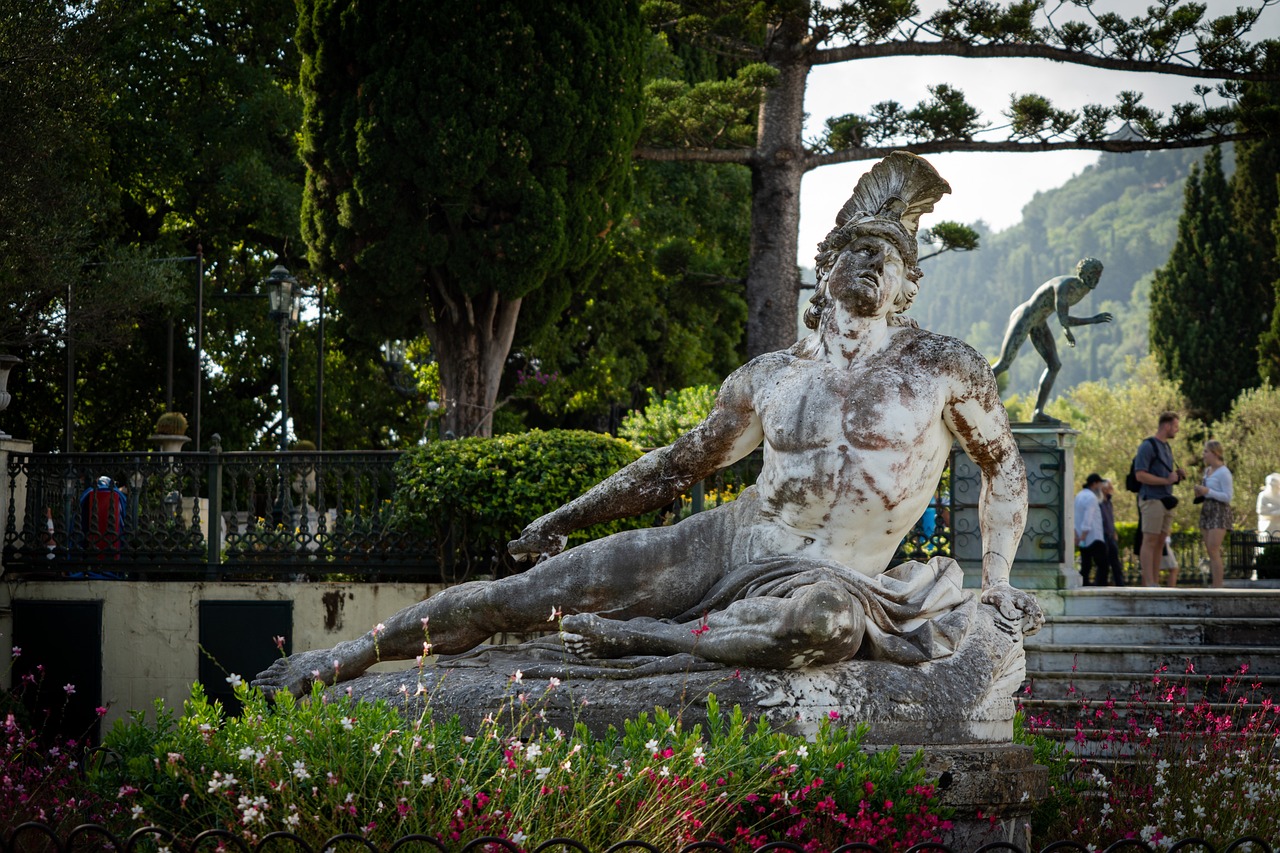
Achilles, the offspring of Peleus and Thetis, stood as the foremost of Greek heroes in the fabled Trojan War. With a foreboding sense of destiny, Thetis sought to safeguard her son from his foretold fate. To this end, she immersed Achilles in the waters of the River Styx during his infancy, rendering nearly invincible except…
-

Nike: The Winged Goddess of Victory in Greek Mythology NIKE, also known as Nicé, is recognized as the winged goddess representing victory, spanning both the realms of war and peaceful contests. As Zeus enlisted allies during the onset of the Titan War, the goddess Nike, along with her siblings Zelos (Rivalry), Kratos (Strength), and Bia…
-

Greek mythology encompasses a rich tapestry of narratives that delve into the lives of gods, heroes, and ancient rituals, drawing from the cultural heritage of Classical antiquity. Recognized for its blend of fact and fiction, this body of stories has been historically significant, with figures like Plato acknowledging its imaginative elements. While mythology across different…
-
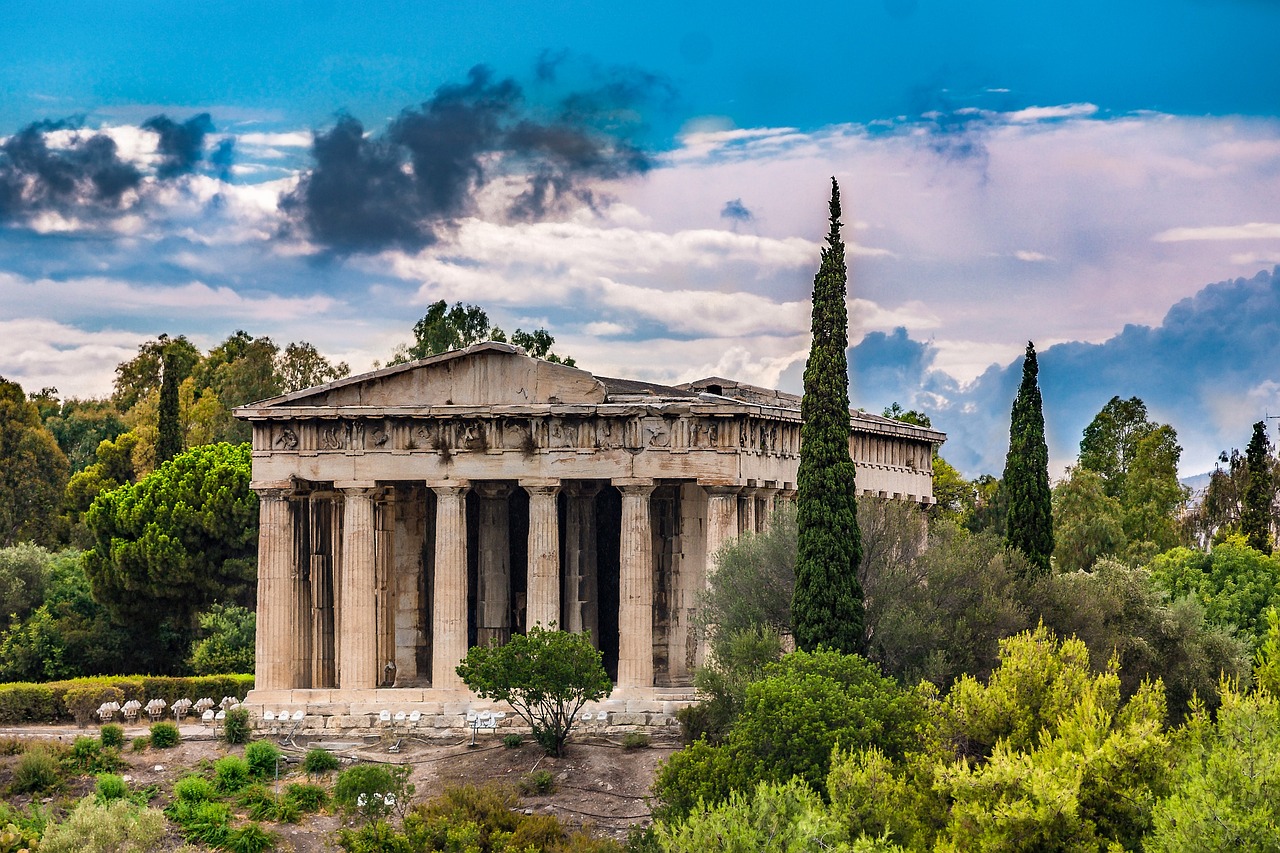
Hephaestus: The Olympian God of Fire and Craftsmanship Hephaestus, known as Hephaistos in Greek, stands out among the Olympian deities as the god of fire, metalworking, craftsmanship, sculpture, and stonemasonry. Often portrayed with a beard and wielding typical smithy tools like a hammer and tongs, he is sometimes imagined riding a donkey. Notable Myths and…
-

As an enthusiastic employee of Asana, I have a strong belief in its capabilities as the premier project management tool. Asana serves as a single source of truth for my entire team, providing clarity on individual responsibilities and deadlines. It enables us to manage our tasks effectively while remaining aligned with our team objectives. This…
-

Rhea, also known as Rheia, is a significant Titan and mother goddess within Greek mythology. She is the offspring of Gaia (the Earth) and Uranus (the Sky) and is notably recognized as the mother of the esteemed deities of Mount Olympus. Rhea shares a close affiliation with the Phrygian mother goddess Cybele, and her Roman…
-
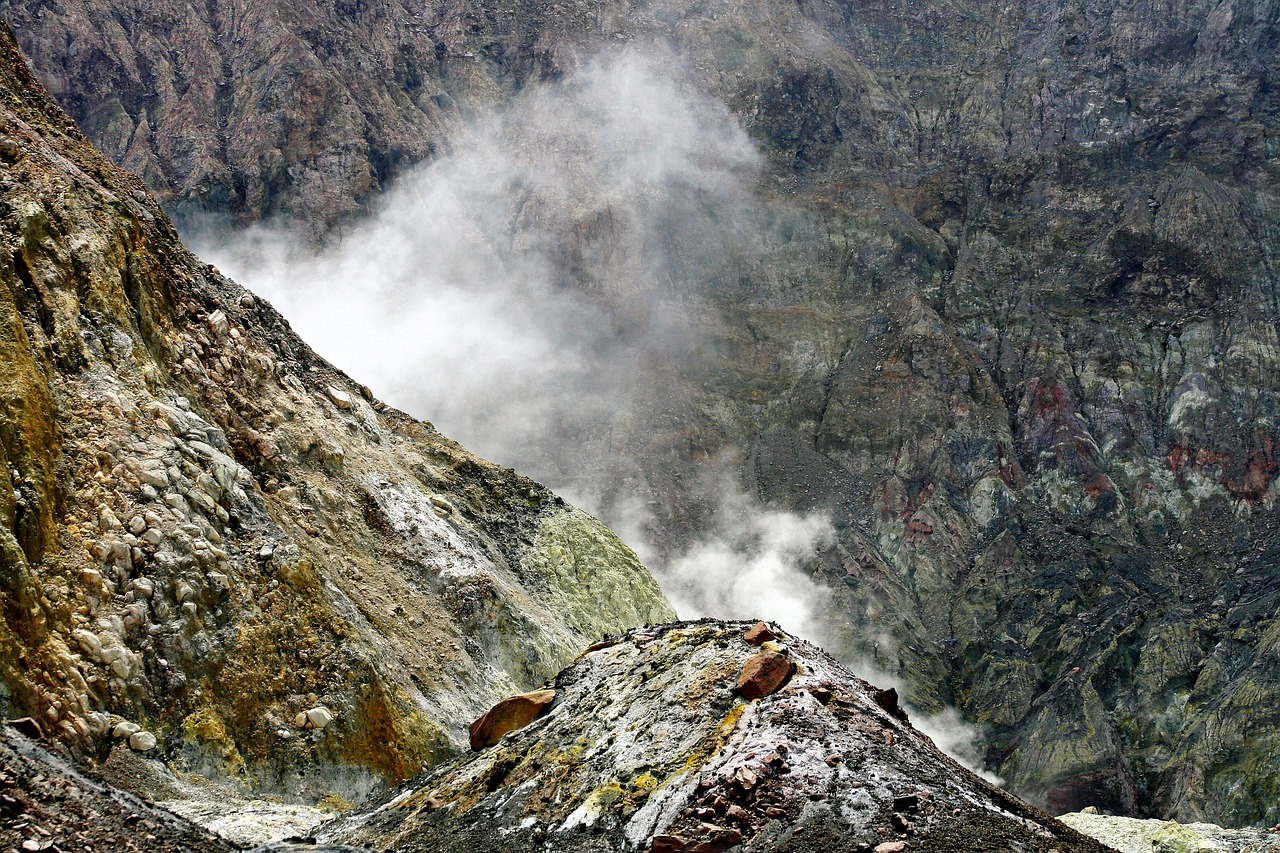
Hades: The Ruler of the Underworld In the realm of ancient Greek religion, Hades, often referred to as Aïdes, stands out as the god of the underworld. He is the offspring of the Titans Cronus and Rhea, sharing family ties with prominent deities such as Zeus, Poseidon, Demeter, Hera, and Hestia. This domain, notoriously seen…
-
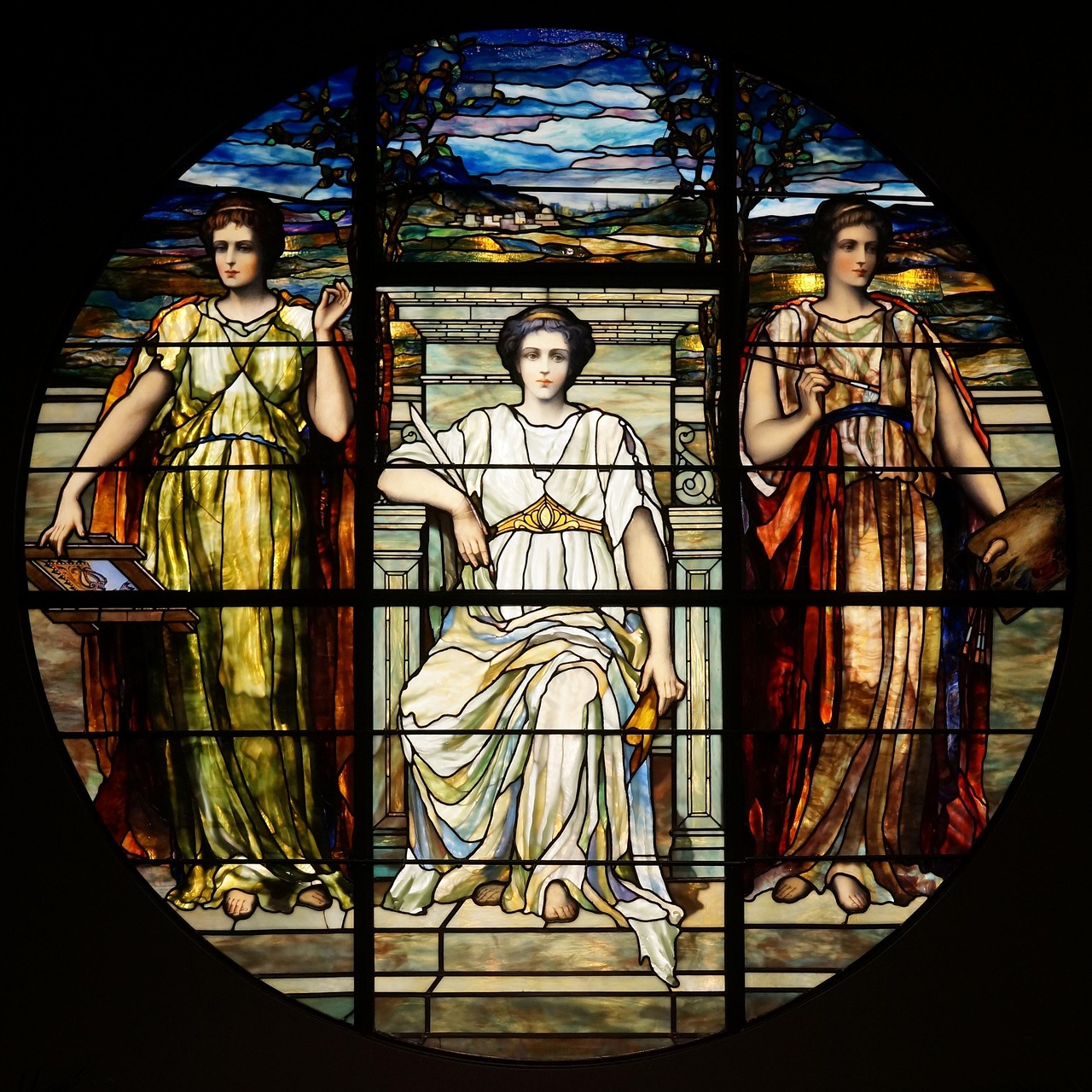
The tale of Orpheus and Eurydice stands as an archetypal tragic love story, capturing the hearts of many through its compelling narrative. This well-known Greek myth has inspired numerous artists throughout history, including prominent painters like Peter Paul Rubens and Nicolas Poussin. Additionally, a vast array of operas, songs, and theatrical works have been created…
-
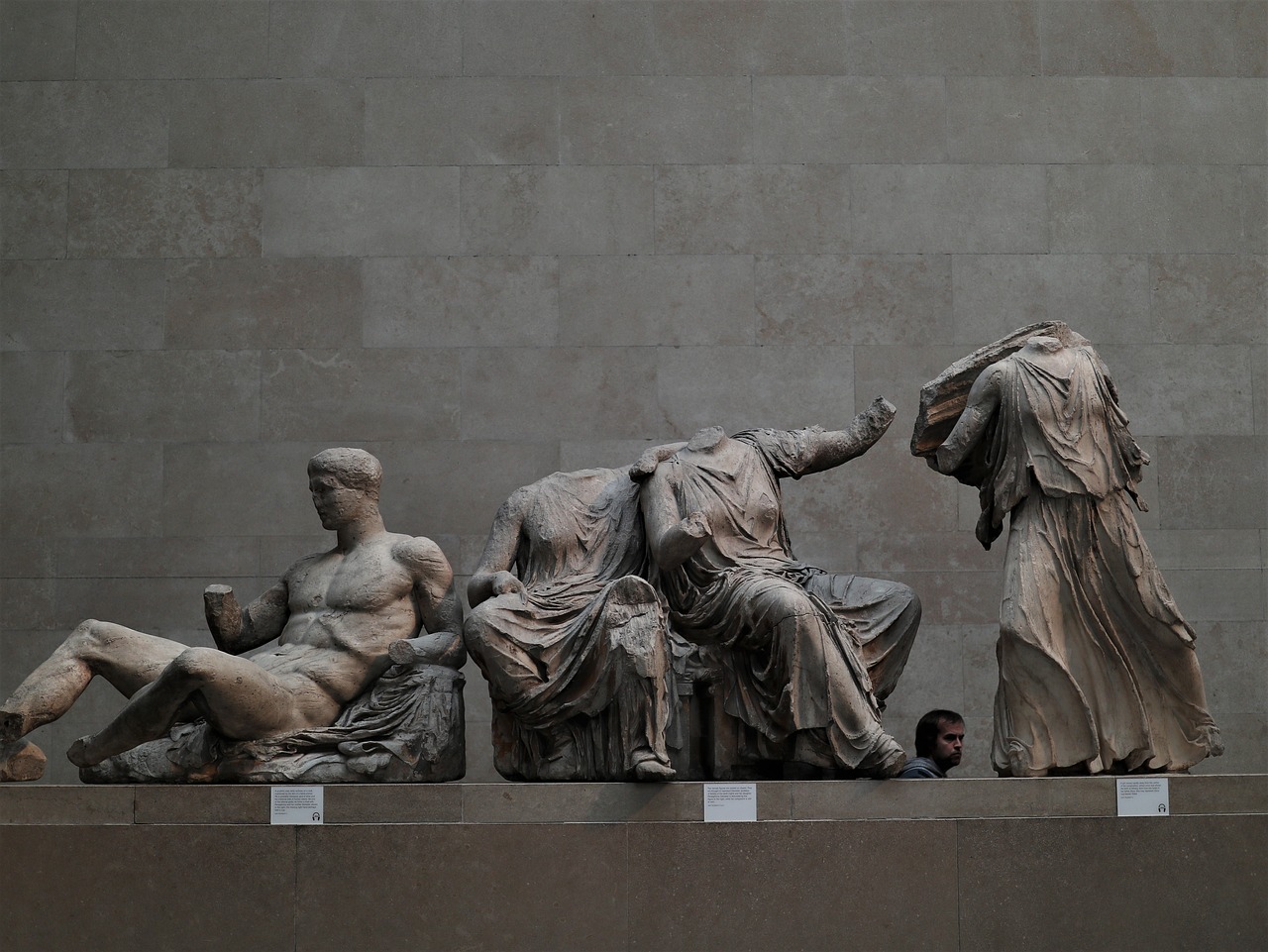
The tale of Persephone, the cherished daughter of the goddess Demeter, who was taken by Hades and eventually became the ruler of the Underworld, is renowned globally. This myth serves as a narrative for the ancient Greeks to articulate the transformation of the seasons, showcasing nature’s perpetual cycle of demise and rejuvenation. Persephone is often…
-

In Euripides’ tragedy, “Medea”, the concept of exile is notable as both a historical reality and an omnipresent threat that influences the emotional landscape of the characters. Medea and Jason exist as exiles prior to the overt events of the play; they share a turbulent past where Medea had to abandon her homeland of Colchis…


